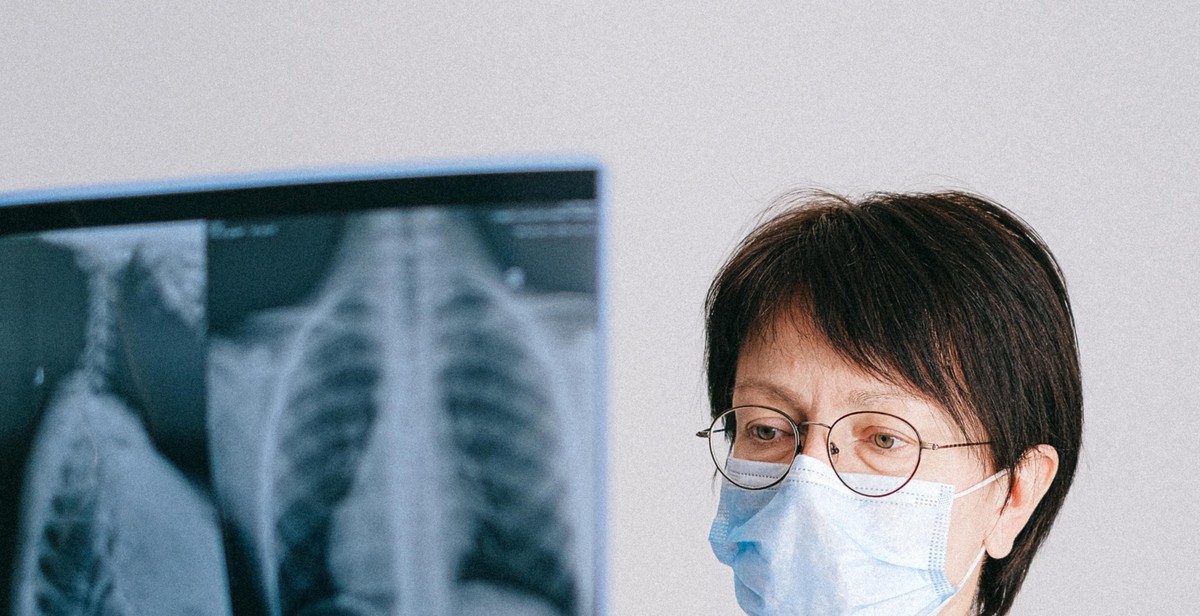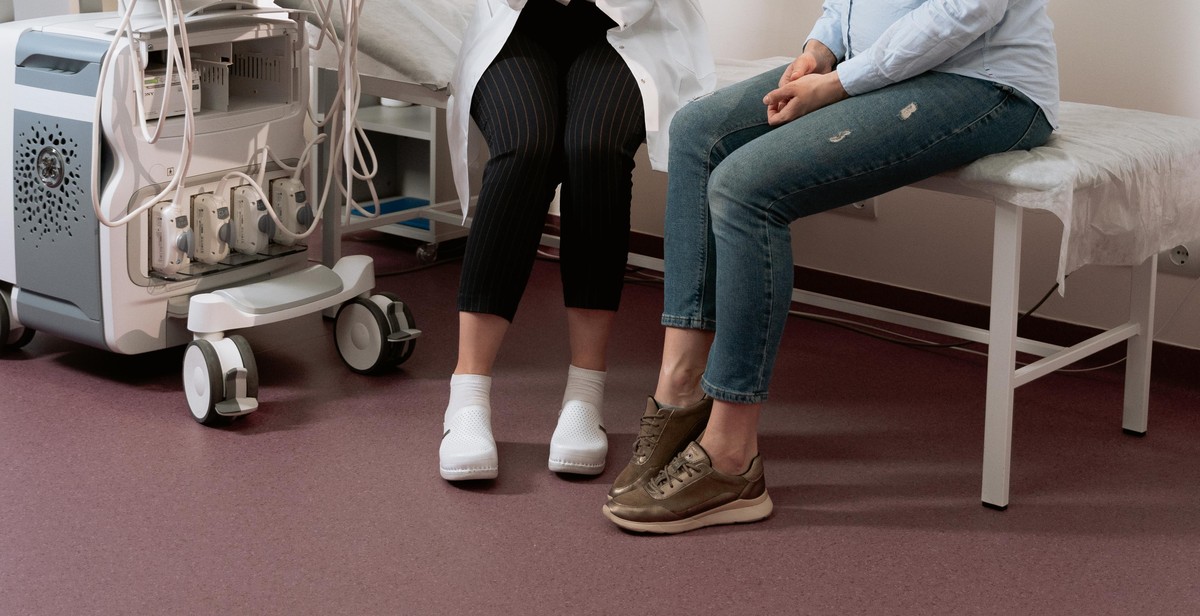Introduction
Health screenings are an essential part of preventative healthcare. They are used to assess and monitor the health of patients to identify potential health problems before they become serious. Health screenings involve a series of tests and evaluations that are conducted by healthcare professionals. These tests can be used to identify risk factors for certain diseases, monitor chronic conditions, and detect early signs of illness.
What are Health Screenings?
Health screenings are a proactive way to identify potential health problems before they become serious. They can include a range of tests and evaluations, such as blood tests, physical exams, and medical history reviews. The goal of health screenings is to detect health issues early so that they can be treated before they become more severe. Health screenings are recommended for people of all ages, but they are especially important for those who have a family history of certain diseases or who have other risk factors, such as smoking or obesity.
Health screenings can be conducted in a variety of settings, including hospitals, clinics, and community health centers. They can be performed by a range of healthcare professionals, including doctors, nurses, and medical assistants. The specific tests and evaluations that are included in a health screening will depend on the patient’s age, gender, and overall health status.
Overall, health screenings are an essential part of preventative healthcare. By identifying potential health problems early, patients can take steps to improve their health and prevent more serious health issues from developing.

Why are Health Screenings Important?
Preventive healthcare is an essential aspect of maintaining good health. One of the most effective ways to prevent health problems is through regular health screenings. Health screenings are a series of tests and check-ups that are designed to detect any potential health problems before they become serious.
Early detection of health problems is crucial because it allows for early intervention and treatment. This can significantly improve a patient’s chances of recovering from a health problem or managing a chronic condition. For example, regular screenings for high blood pressure can help detect the condition early, allowing for lifestyle changes and medication to be prescribed before serious complications occur.
Health screenings are also important because they can help identify risk factors for certain diseases. For example, a cholesterol screening can help identify individuals who are at risk for heart disease. Once identified, these individuals can work with their healthcare provider to develop a plan to reduce their risk factors and prevent the onset of the disease.
Another benefit of health screenings is that they can help patients stay informed about their health. Regular screenings can provide patients with a baseline of their health status, allowing them to track changes over time. This information can be valuable in identifying potential health problems and making lifestyle changes to improve overall health.
Conclusion
Overall, health screenings are an essential aspect of preventive healthcare. They allow for early detection of health problems, identification of risk factors, and help patients stay informed about their health. By conducting regular health screenings, patients can take an active role in maintaining their health and preventing serious health problems.
How to Prepare for Health Screenings
Health screenings are an essential part of preventive healthcare. They help detect potential health problems before they become serious and allow for early intervention. If you are scheduled for a health screening, here are some tips to help you prepare for it:
Schedule an Appointment
Most health screenings require an appointment, so it’s important to schedule one in advance. This will ensure that you get the screening done at a time that is convenient for you and that the necessary equipment and personnel are available.
Fast if Necessary
Some health screenings, such as blood tests, require you to fast for a certain period before the screening. Fasting means not eating or drinking anything except water for a specified time. This is because certain foods and beverages can affect the results of the screening. Make sure you follow the fasting instructions provided by your healthcare provider.
Bring Relevant Medical Records
If you have any relevant medical records, such as previous screening results or medical history, bring them with you to the screening. This will help your healthcare provider get a more complete picture of your health and make a more accurate assessment.
Overall, preparing for a health screening is relatively simple. By following these tips, you can ensure that you get the most out of your screening and that your healthcare provider has all the information they need to make an accurate assessment of your health.

What to Expect During a Health Screening
A health screening is a crucial part of assessing and monitoring patient health. It is a comprehensive evaluation of an individual’s overall health status, which includes vital signs check, medical history review, physical examination, and lab tests. Here’s what you can expect during a health screening:
Vital Signs Check
The first step in a health screening is to check the patient’s vital signs. This includes measuring their blood pressure, heart rate, respiratory rate, and temperature. These basic measurements provide important information about the patient’s overall health and can help identify any potential health issues.
Medical History Review
During the health screening, the healthcare provider will review the patient’s medical history. This includes information about any past illnesses, surgeries, or hospitalizations, as well as any current medications or allergies. The provider may also ask about the patient’s family history of certain health conditions.
Physical Examination
The physical examination is a comprehensive evaluation of the patient’s overall health. The healthcare provider will examine the patient’s head and neck, chest and lungs, heart, abdomen, and extremities. They will also check for any signs of skin abnormalities or other physical issues.
Lab Tests
Lab tests are an essential part of a health screening. The healthcare provider may order blood tests, urine tests, or other diagnostic tests to check for any underlying health conditions. These tests may include cholesterol levels, blood sugar levels, and kidney function tests, among others.
| Vital Signs Check | Medical History Review | Physical Examination | Lab Tests |
|---|---|---|---|
| Measuring blood pressure, heart rate, respiratory rate, and temperature | Reviewing past illnesses, surgeries, hospitalizations, medications, allergies, and family history | Evaluating head and neck, chest and lungs, heart, abdomen, extremities, and skin abnormalities | Ordering blood tests, urine tests, or other diagnostic tests to check for underlying health conditions |
Overall, a health screening is an essential part of maintaining good health. It can help identify potential health issues before they become more serious and provide valuable information about an individual’s overall health status.

Making Sense of Your Health Screening Results
After your health screening, you will receive a report with various numbers and measurements. It’s essential to understand what these numbers mean and what they indicate about your health.
Understanding Your Numbers
The most common measurements you’ll receive in your health screening results include:
- Blood pressure
- Cholesterol levels
- Blood sugar levels
- Body mass index (BMI)
- Waist circumference
It’s important to know what the healthy ranges are for each of these measurements. For example, a healthy blood pressure reading is less than 120/80 mm Hg, while a healthy BMI is between 18.5 and 24.9.
If any of your measurements fall outside the healthy range, it’s important to discuss this with your doctor and come up with a plan to address it. Your doctor may recommend lifestyle changes, such as diet and exercise, or medication to help manage your condition.
Discussing Your Results with Your Doctor
It’s important to schedule a follow-up appointment with your doctor to discuss your health screening results. During this appointment, your doctor can help you understand what your results mean and what steps you can take to improve your health.
Be sure to bring a copy of your health screening report with you to your appointment. This will allow your doctor to review the results and provide personalized recommendations based on your individual health needs.
If you have any concerns or questions about your health screening results, don’t hesitate to speak up and ask your doctor for clarification. Your doctor is there to help you understand your health and guide you towards a healthier future.
| Measurement | Healthy Range |
|---|---|
| Blood pressure | Less than 120/80 mm Hg |
| Cholesterol levels | Total cholesterol less than 200 mg/dL, HDL cholesterol greater than 60 mg/dL, LDL cholesterol less than 100 mg/dL |
| Blood sugar levels | Fasting blood glucose less than 100 mg/dL |
| Body mass index (BMI) | 18.5 to 24.9 |
| Waist circumference | Less than 40 inches for men, less than 35 inches for women |

Conclusion
Conducting health screenings is a crucial aspect of preventive healthcare. It helps to identify potential health risks and monitor the health status of patients. Health screenings can be conducted in various settings, including hospitals, clinics, and community centers.
Key Takeaways
- Health screenings are essential for identifying potential health risks and monitoring patients’ health status.
- Screenings can be conducted in various settings, including hospitals, clinics, and community centers.
- Screening tools and protocols should be evidence-based and validated to ensure accurate results.
- Providers should communicate results and recommendations clearly and sensitively to patients.
- Follow-up care and referrals should be provided as necessary to ensure patients receive appropriate care.
Future Directions
As healthcare technology advances, health screenings are becoming more accessible and convenient for patients. Telehealth and mobile health applications are increasingly being used to conduct screenings remotely, particularly for patients in remote areas or those with mobility issues.
Additionally, there is a growing emphasis on personalized medicine, where screenings are tailored to an individual’s unique risk factors and health status. This approach can improve the accuracy and effectiveness of screenings and lead to more targeted and personalized interventions.
